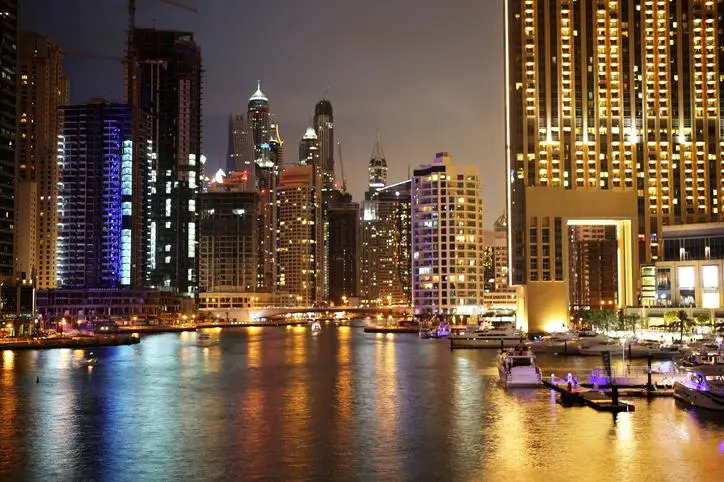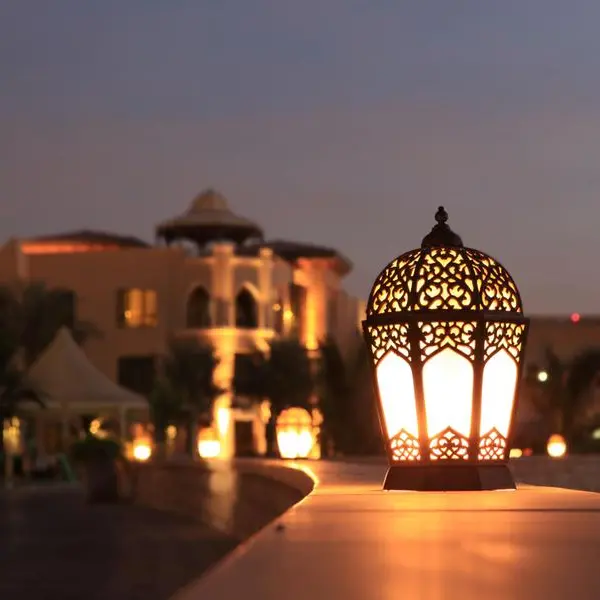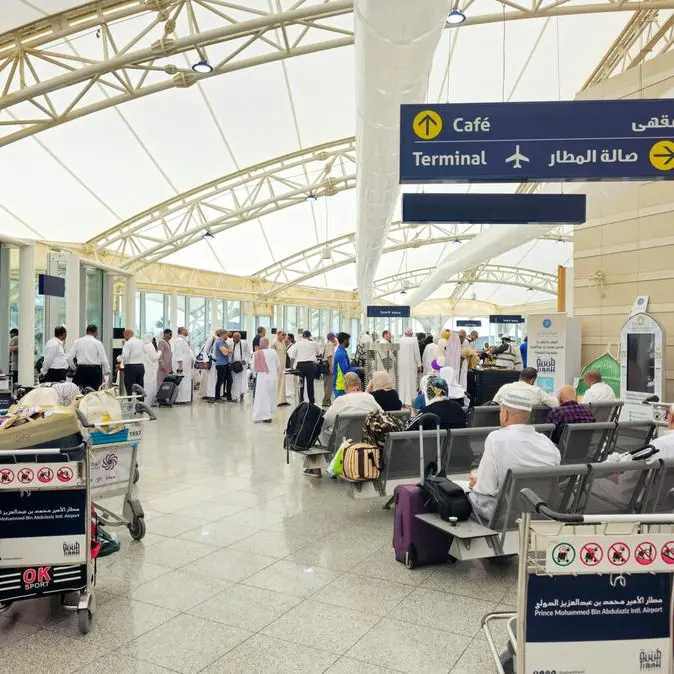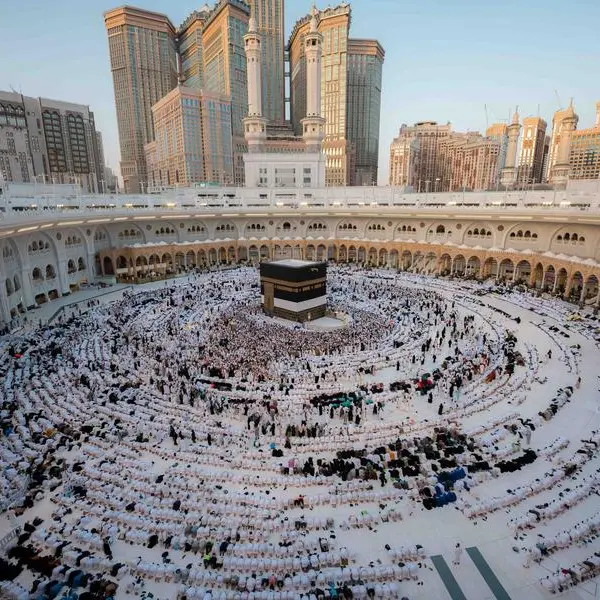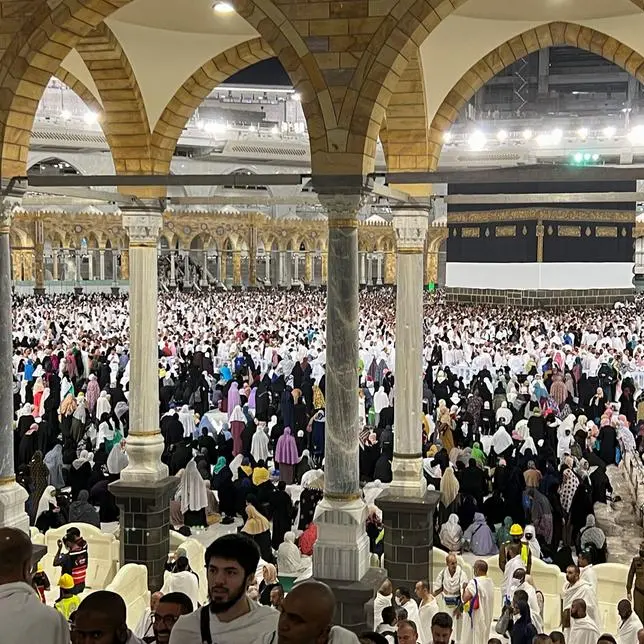PHOTO
Expatriate communities from different Indian states in the UAE are celebrating their spring harvest festivals and traditional New Years. The celebrations have coincided with the long Eid Al Fitr break this year.
Significantly, each community observe the day with slightly varied traditions.
Malayalees, Tamilians, Bengalis, Assamese, and Tuluvas rang in Vishu, Puthandu, Poila Baisakh, Bohag Bihu, and Bisu Parba, respectively, on Sunday. While Telugus, Maharashtrians, Sikhs, and Kashmiris celebrated Ugadi, Gudi Padwa, Baisakhi and Navreh a few days ago.
Queues at temples, special meals
Retail outlets, flower vendors, and restaurants reported a flood of enquiries for food and religious paraphernalia from Indian families across the country, Khaleej Times has learnt.
Meanwhile, temples in Dubai and Abu Dhabi recorded serpentine queues for ‘darshans’ (auspicious sight of a deity).
Dubai resident Madhulika Chatterjee has prepared a sumptuous true-blue ‘Bangali’ style meal for her family and relatives who will be visiting her today. With her children and husband home this year, she is trying to make the most of Poila Baisakh - the Bengali New Year.
“What's Poila Baisakh without new clothes, binge eating, and evening soirées? But I am focusing on some good family time instead, by preparing an authentic Bong lunch with the ultimate ‘notun gur er payesh’ (payasam made of jaggery) for dessert,” added Chatterjee.
“The Bengali New Year usually falls on April 14 or April 15. So, today after the morning prayers at home, I started preparing chingri maach or malai curry,(prawn curry in coconut milk) pulao (rice), and other delicacies. This year my son is visiting us from the UK so we get to spend good family time together. Later if we have the time and the energy then we might go and see the Abu Dhabi temple today, which we’ve heard so much about.”
For the members of the Sikh community and Punjabis, Baisakhi marks the new harvest season and the beginning of the solar New Year.
Sikhs the world over wear yellow and other bright colours symbolising the spring harvest.
Invoking the spirit of Baisakhi, Dubai-based Punjabis celebrated the festival in unique ways with their loved ones.
Yellow, orange are traditional colours of Baisakhi
Arti Trehan says it’s a time when she feels nostalgic and the festival brings back memories from the past.
“I just returned from India so I am still in that zone. Baisakhi this year was observed on April 13. The festival also coincides with Navratri, so the food prepared this year was a little different. I prepared kheer, aloo sabzi, and pumpkin which are mostly, yellow in colour. Yellow and orange are the traditional colours of Baisakhi. It’s also a colour of joy and celebration.”
She explained when Baisakhi is celebrated in Punjab, it means the golden yellow wheat fields are ready to be harvested.
Trehan added, “Usually, I prepare the traditional sweet rice (meethe peele chawal) at home but this this year I have prepared sabudana dishes and other traditional delicacies instead. Since Baisakhi and Navratri are coinciding, therefore, I’ve prepared primarily yellow- coloured Navratri food.”
Passing on traditions to children
Vinod Panicker who has been a Dubai resident for past 20 years said he takes pride in maintaining a tradition that he hopes he has managed to pass on to his children.
“We maintain a tradition that is observed in Kerala which is called Vishu Kani. My wife last evening decorated the idol of Lord Krishna. She put some auspicious items like coconut, ‘kanni konna’ (yellow flowers), coins, currency notes, white dhoti, rice, lemon, cucumber, jackfruit, mirror, kajal and a sacred book around the idol.
"According to the ritual, at sunrise, the members of the family see the Vishu Kani as the first thing of the day. My children love this tradition and I hope they continue with these practices. These festivals come from our glorious past and rich cultures which are getting lost over time. We must try and preserve them,” said Panicker.
He explained his children also look forward to wearing the 'kodi vastram' (new clothes). “Our domestic help also woke up at 4 am and prepared 11 different food items for the Vishu Sadya which is served on a banana leaf. Later in the evening, family and friends will be coming over and we are looking forward to a memorable time together,” he added.
For Bhavya Rao who is from Mangalore, Bisu Parba is a New Year and harvest festival of Tulunadu. It marks the first day of Paggu, which is the first month of the Tulu calendar.
Rao said, “Bisu Parbha is one of the important festivals of the Tuluva culture. Back home it’s an important festival. However, here in Dubai since we are away from our extended family I tend to celebrate it with my immediate family which includes my husband and two daughters. We are all dressed in traditional outfits. I have also prepared a sumptuous festive lunch with many vegetarian varieties which I’ll serve in plantain leaves.”
Copyright © 2022 Khaleej Times. All Rights Reserved. Provided by SyndiGate Media Inc. (Syndigate.info).
